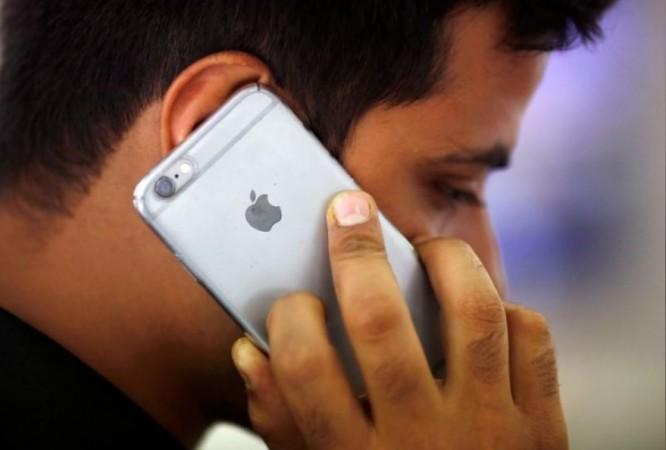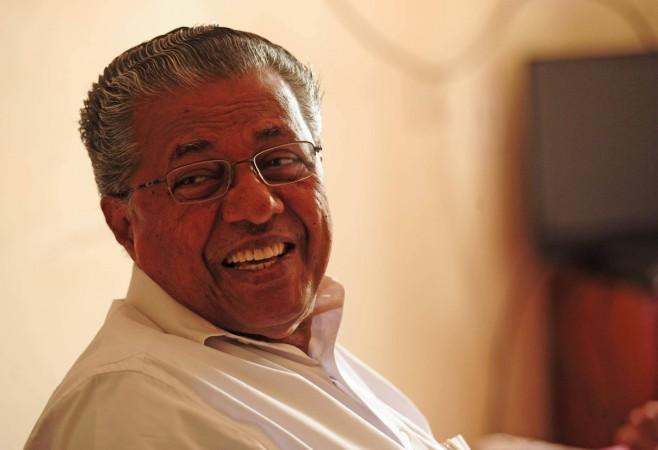
'Privacy on the internet' has become an oxymoron. Now, with everything turning virtual, it's only fitting that surveillance will turn virtual as well. The Kerala government's move to track and trace COVID-19 patients has created a rift in public opinion.
With the pandemic, instances of those misleading the government or trying to evade authorities have increased. The governments have had to step up their plans as well if they had to fight the pandemic.
A model to trace and track COVID-19
The Kerala government admitted on Wednesday, that police would be collecting call details to keep an eye on COVID-19 patients and to trace contacts of COVID patients. This approach has created a public outburst of protest.
The Kerala CM Pinarayi Vijayan said at a press conference on Wednesday:
The law enforcement agencies are allowed to collect this type of information. In Kerala too, CDRs are used to collect patient information for the sake of public health and safety. This is the most effective way to contact tracing and we have been using this method for a few months. The information thus collected will not be passed on to anyone else or used for any other purpose..."- Kerala CM Pinarayi Vijayan
The police argue that this move may help where patients may not recount who they came in contact with. The government further assured that the data will not be passed on or used for other purposes.

In April, there was some debate in Karnataka over following this system, that the police in the state would be roped in to help in the process as well. A report in Science suggested that despite the privacy breach, the tracking of phone and call logs may be a way to slow the pandemic and with new technology, volunteering information and sharing anonymous location data would be a way to circumvent privacy breach.
The 'Privacy breach' argument
The main problem with this model is the breach of privacy. There are numerous questions, where does this data go? What is it used for? Who gets to look at it? Finally and more importantly is it safe? No matter how many guarantees are given, this will continue to be a question.
The question of 'why' an individual must provide this data, on the other hand, if it is important, why not ask permission? Either way, even in Bengaluru it was reported last month that over 3,000 cases were untracked due to wrong information provided. The question of whether this will be a full-proof system also stops holding merit.
What citizens are saying is that this is a risky entry into contested territory, in a democratic state to be put under minute surveillance is problematic. However, even citizens rarely know where and how they're being surveilled.
Speaking to News9, a COVID task force member Dr CN Manjunath said that there is a "fear" about being traced and tracked and the misuse of data. Even if it's in the case of national security and criminal cases, for the people this becomes a hurdle.

















